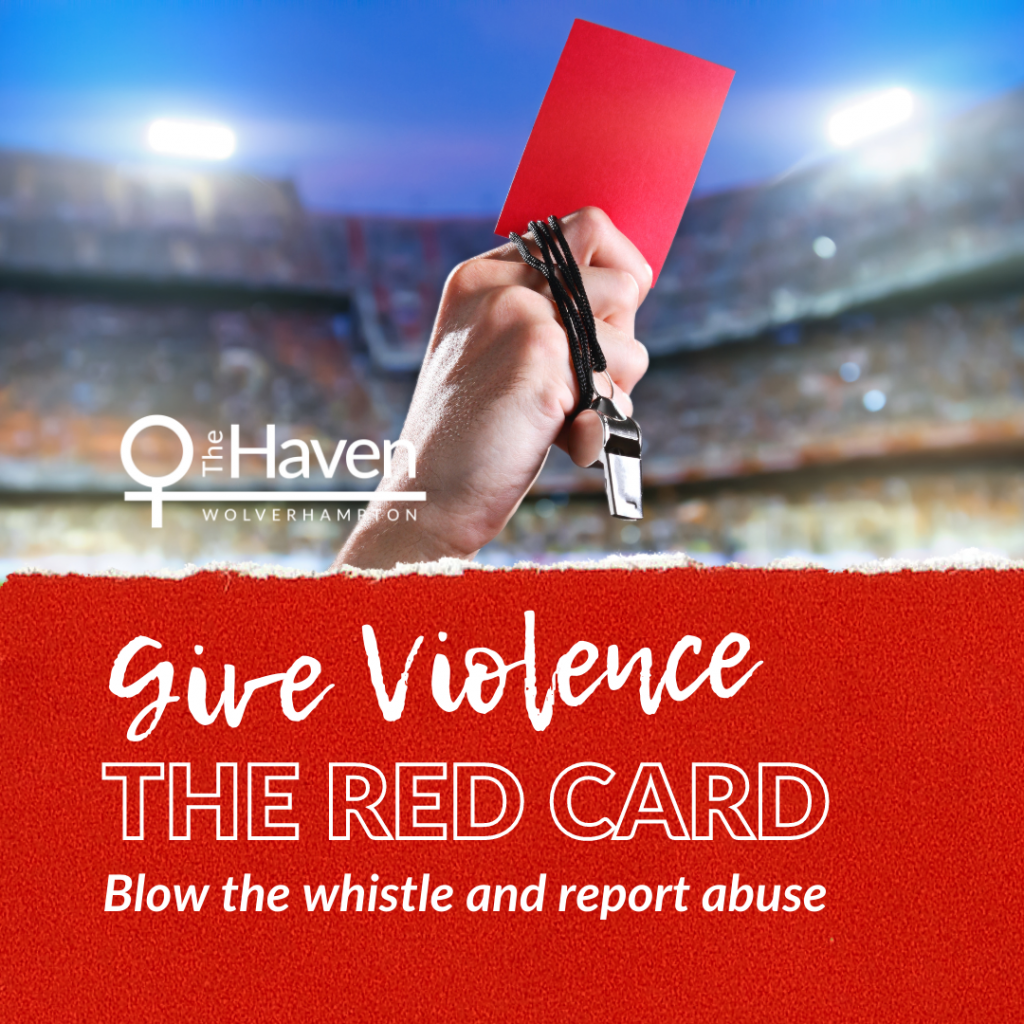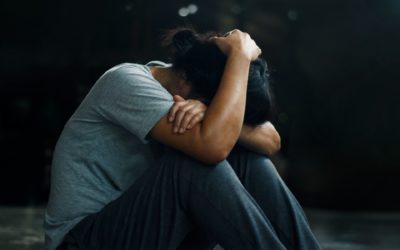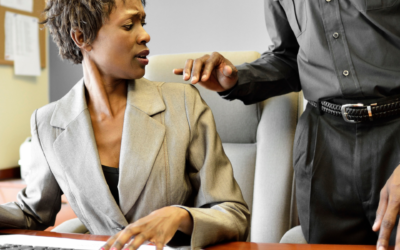
As we approach the weekend and of course the EURO 2020 finals, many are oblivious to the connection between the nation’s favourite sport and Domestic Abuse. Women all over the United Kingdom are anxiously awaiting the results of the game. It’s a no-win situation for many because although a Pathway Project report disclosed that Domestic Abuse rates increased by 26% when England was playing and by 38% when England lost the World Cup, there is also evidence that alcohol-related incidents of Domestic Abuse increase when the team wins. In addition, new evidence suggests that reported cases of Domestic Abuse increased in areas where a big match took place at midday or in the early afternoon, as perpetrators had more time for long drinking sessions.
The term Domestic Abuse covers a variety of behavioural patterns, from physical and sexual violence to emotional, psychological, financial abuse, coercive control, manipulation, stalking and harassment, either from a family member or an intimate partner or ex-partner. Some women have reported that the sound of football on their TV made them really anxious. “I would just sit there silently willing, willing his team to win,” one said. Others have stated it is their cue to stay as far away as possible, hoping that their partners do not lash out at them – win or lose.
We know all too well that women are subjected to Domestic Abuse every day. Football is just another excuse. However, it is important that everyone is aware of this heightened risk linked to football. As always, support is available. Local councils have been issuing warnings and signposting victims to support services in the event that they are needed. We have to make a collective effort to give violence against women and girls the red card. Do not be afraid to blow the whistle and report incidents of Domestic Abuse. In addition combating sexism on football grounds, in locker rooms, and beyond, can challenge abusive behaviours before they get out of hand, and increase survivor awareness, possibly saving lives.
If you believe that you or someone you know is at risk this weekend, please call our free helpline on 08000 194 400.
Football United Against Domestic Abuse: A Women’s Aid campaign working with national footballing bodies, sports media, football clubs, the police, players and fans to send a clear message that domestic violence is always unacceptable.



